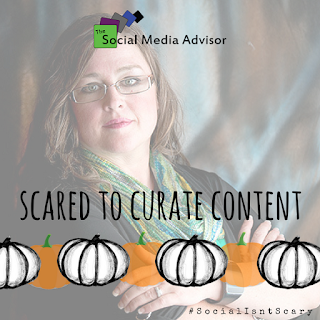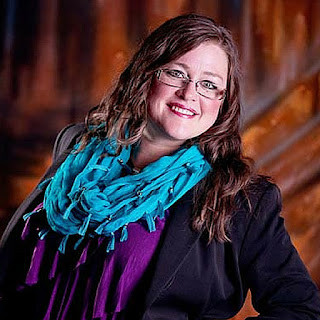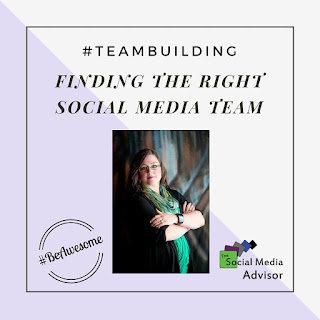A true sign that you have finally started making waves in your business is when you get to the point that you need to add people to your team. Being the CEO of every aspect of your business only works for so long. In order to grow professionally, you will need to bring people into the fold that can manage various areas of your work. Many entrepreneurs and small business owners find that they actually become more profitable once they begin to delegate certain time consuming aspects of their business to team members.
Why do you need a social media team?
Social media marketing is definitely an area that many companies, especially those without internal marketing staff, look to experts for assistance.
To be effective at social media, there are several factors that go into consideration:
- – Must understand the different social media platforms, the best times to post, the demographics, the purpose, and the individual tactics and lingo.
- – Need to remain consistent in social efforts since a lapse in content will cause a loss in followers.
- – Knowledge of advantageous social media practices and concepts such as like/know/trust, 80/20 rule, prospecting, analytics and platform advertising is extremely helpful.
- – Keeping on top of engagement such as thanking people who share content, responding to messages, and being reciprocal with favorites and likes is a necessary element of generating followers in social media.
- – Understanding the various social media tools to help automate certain elements of social and save time.
- – Responding quickly and appropriately to any bad review or other potential social media crisis.
That is a lot to keep on top of for just one task. Unfortunately, to be truly efficient at social media, all of these elements need to be handled on a regular basis.
So, who do you want on your team?
You have some options. You can hire a full-time person in house just to handle social media. Most companies aren’t quite big enough yet to justify a full time staff member. This means outsourcing the work to a social media company who will give you a plan based on your business needs and who will be able to maintain most of this for you.
What you may find when you are seeking your own
social media manageris that they tend to specialize in different areas. Some of them are experts in a specific field or niche. Others are great on content creation but may not tackle engagement. There are companies out there that offer all of the above. Make sure you know what type of assistance you are looking for before you begin interviewing potential social professionals.
The tasks can also be divided into different fields or specialties. It’s possible to hire a content creator to write, design and publish various content but then also bring a SEO expert on board to get the most bang out of that content. If you are attempting to build a tribe or community, hiring someone to manage your engagement should be the goal. There are other possible roles such as a public relations individual or expert at reputation marketing to manage your online presence, a data driven team member focused on
analyzingresults, or a IT person well versed in web development and coding for blogging and website assistance.
Don’t hire a team member or company that can only provide pieces of what you are seeking. There are enough people out there in the field that finding one to meet your needs should not be too difficult.
Remember that your
social media marketing is a part of your brand. The story you tell in social media is vital to how the public views you and what you do. If you think of social as anything other than elaborate storytelling in order to build relationships, then you don’t really understand what social media can accomplish.
Want to learn more about social media and
storytelling? Contact The Social Media Advisor team. We’d love to chat with you about how you can #BeAwesome online!
~ Social Media is changing the way people do business. Don’t get left behind ~
Be sure to Follow us and Let’s Engage!
Hollie Clere of The Social Media Advisor is a “#BeAwesome” Developer, Social Media Brand Builder, Content Manager, Trainer and Author in LinkedIn, Facebook, Twitter, Blog, Google+, YouTube, Pinterest, Instagramand the tools to manage them.










